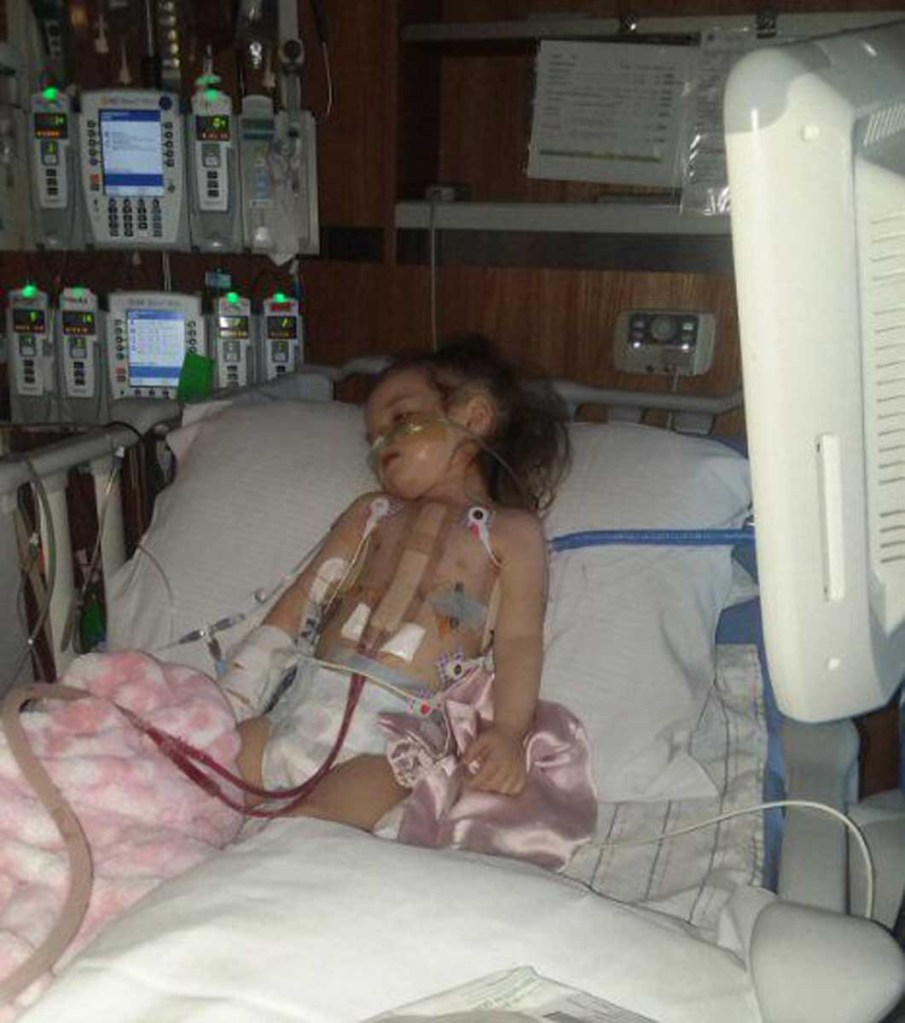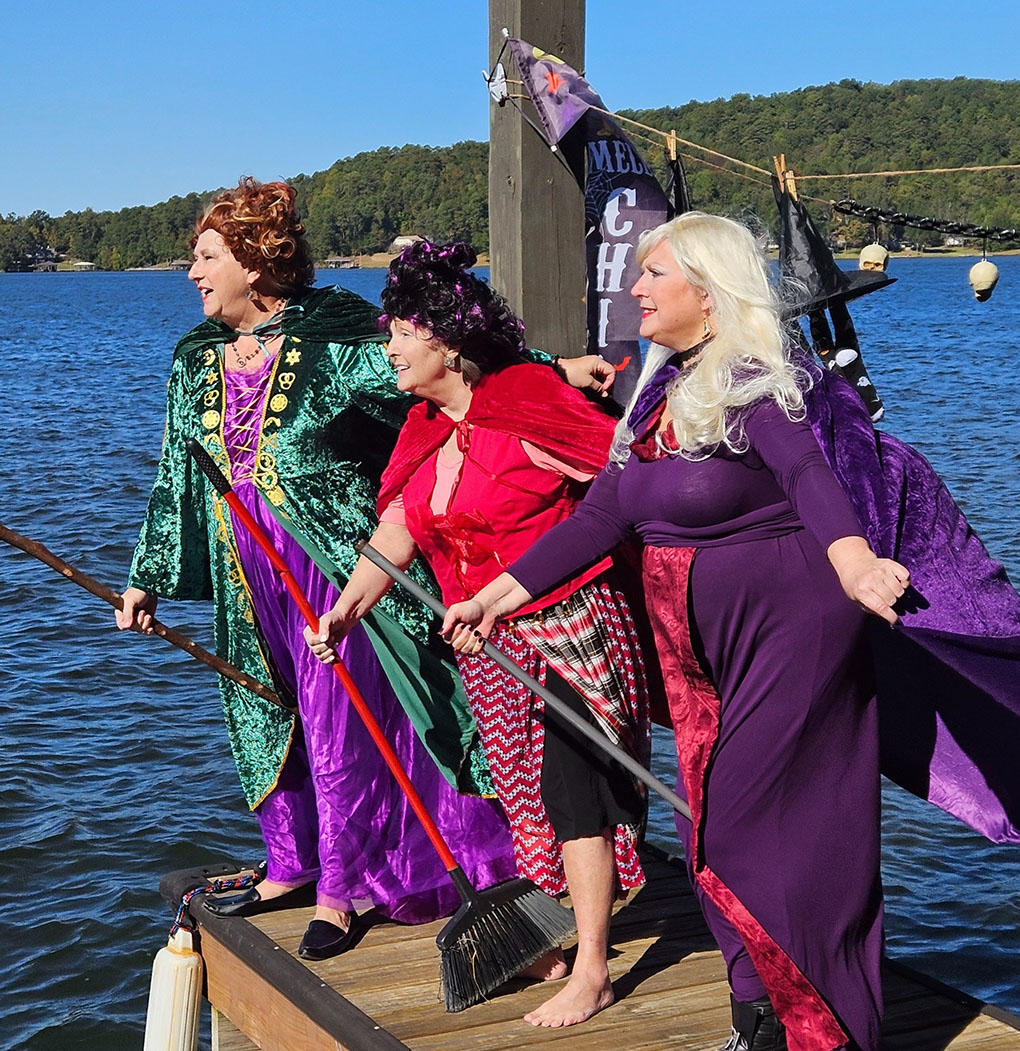Livie’s Story – part two
Published 2:38 pm Friday, September 20, 2019

- Alivia “Livie” Wheeler in the hospital after her heart transplant. Photo submitted
Two year old Livie’s diagnosis of Dilated Cardiomyopathy (DCM) was frightening to her parents, Jonathan and Melena Wheeler. However, as her condition worsened, they were told Livie would die without a heart transplant. Imagine their relief when they received the phone call in the middle of the night on May 7 saying, “Mrs. Wheeler, we have a match.”
When an organ transplant takes place, it happens quickly, and Livie’s transplant wasn’t an exception. By 11 a.m. that morning, she was in surgery and was in Cardiac ICU by 10 p.m. that night. The other basic fact about organ transplants is that they don’t come with guarantees.
Trending
The next few days were going to determine whether Livie would live or die. Hooked up to IVs, oxygen, pain meds and drain tubes, Livie needed to be a warrior if she was going to survive. And she was. By the fourth day, she was off most of the pain medication, and she was discharged on May 17.
Two days later, she celebrated her second birthday, and it was definitely cause for celebration. Kids with DCM seldom live to be two-years-old. Livie is that one in 100 who make it. However, being a heart transplant patient isn’t an easy path for Livie or her parents.
Livie takes ten medications daily, and will continue to take them for the rest of her life. Besides the three anti-rejection medications, she takes antifungal, antibacterial and blood pressure medications.
Because of the anti-rejection medications, Livie’s immune system is suppressed. That means she is more susceptible to diseases. It also means she cannot receive any live vaccines. She has regular, and sometimes often, doctor visits to check her various blood counts and kidney function. Livie’s prognosis is good, but it’s not without a battle.
It takes not only a “warrior patient” to fight this battle, but it also takes “warrior parents.” Melena said the most difficult part for her has been and continues to be the isolation. She found great comfort in the support of other “heart families” at the hospital.
About their time in the hospital, Melena said, “There is nothing to ease your mind until your child smiles in spite of all the bruises, band aids, tubes and machines. At that moment, time freezes, and all you can think of is their smile.”
When I asked Melena what she learned from all this, she replied, “Being a heart family is definitely not for the weak. It’s a constant battle with yourself to keep from worrying, questioning your faith and even your ability to be the chosen parent of such a warrior. Some days I don’t feel worthy to be called her mom. But most days I wear that title with pride and stand tall telling her story.”
“We live life to the fullest and take nothing for granted,” she added. “Every day is a gift. I hope our story will reach just one family going through a similar journey and let them know they are not alone.”


